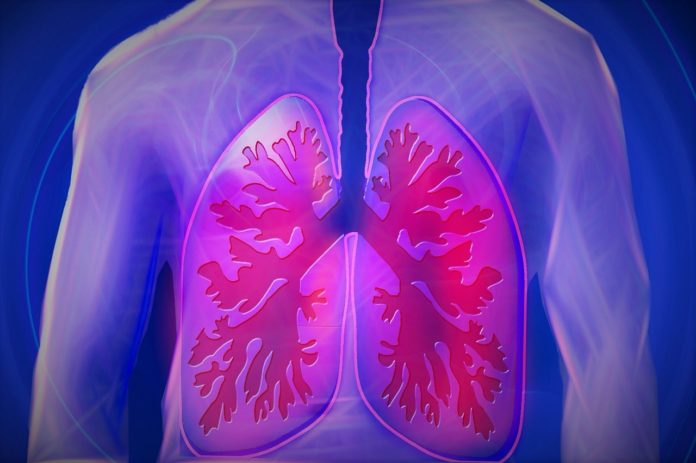
Good cardiovascular fitness delays development, progression, and death from COPD, finds major study
Good heart and lung (cardiorespiratory) fitness in middle age is associated with a lower long term risk of chronic lung disease (COPD). This is the finding of a new research published online in the journal Thorax.
Chronic obstructive pulmonary disease, also called COPD, is an umbrella term for respiratory conditions that narrow the airways, such as bronchitis and emphysema. The World Health Organization ranks COPD as the fourth most frequent cause of death worldwide and smoking is the main risk factor.
Researchers tracked the respiratory health of 4,730 healthy middle-aged men from the Copenhagen Male Study, who were recruited from 14 large workplaces in Copenhagen between 1970 and 1971. Their average age was 49.
Compared with low CRF, the estimated risk of COPD diagnosis was 21% lower in men with normal CRF and 31% lower in men with high CRF
Those with a previous diagnosis of COPD, asthma, or with symptoms of chronic bronchitis were excluded. Participants were monitored for up to 46 years to January 2016.
All participants provided information on smoking, alcohol intake, physical activity levels, educational attainment, occupation, and medical history.
Height, weight, and resting blood pressure were measured, and cardiorespiratory fitness (CRF) was calculated as low, normal, or high, using a VO2 max test, a measure of the body’s ability to use oxygen during exercise. National registers were used to identify cases of COPD and death from COPD.
Compared with low CRF, the estimated risk of COPD diagnosis was 21% lower in men with normal CRF and 31% lower in men with high CRF.
Similarly, compared with low CRF, the estimated risk of death from COPD was 35% lower in men with normal CRF and 62% lower in men with high CRF.
High CRF in middle age was also associated with a delay to both diagnosis of, and death from, COPD by 1.5 to 2 years.
The results were largely unchanged after excluding those who were diagnosed with COPD or who died during the first 10 years of monitoring, suggesting that the findings withstand scrutiny, said the researchers.













